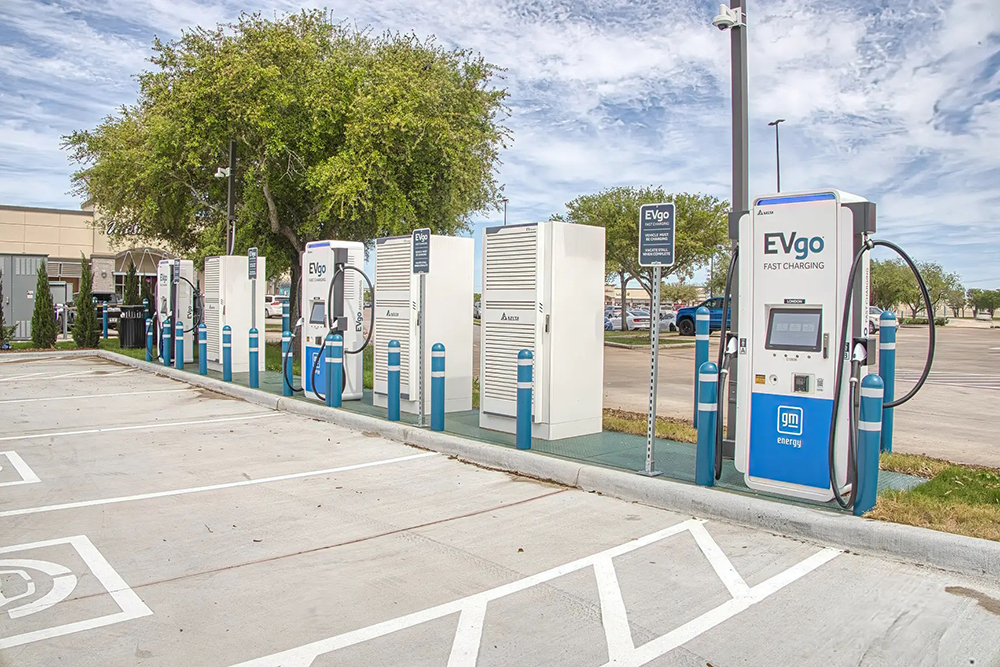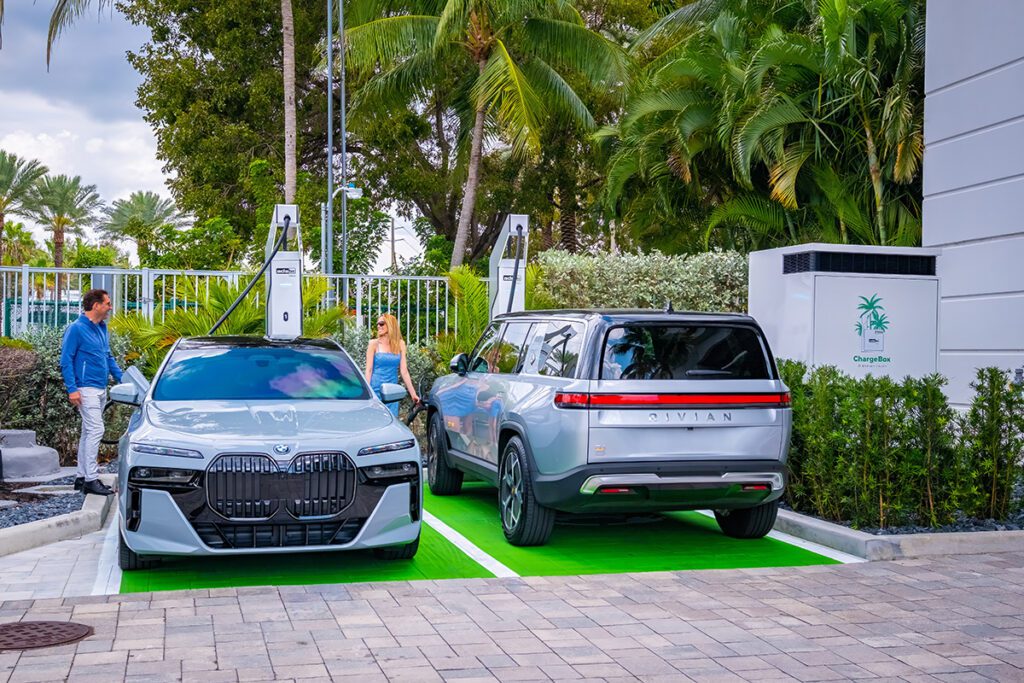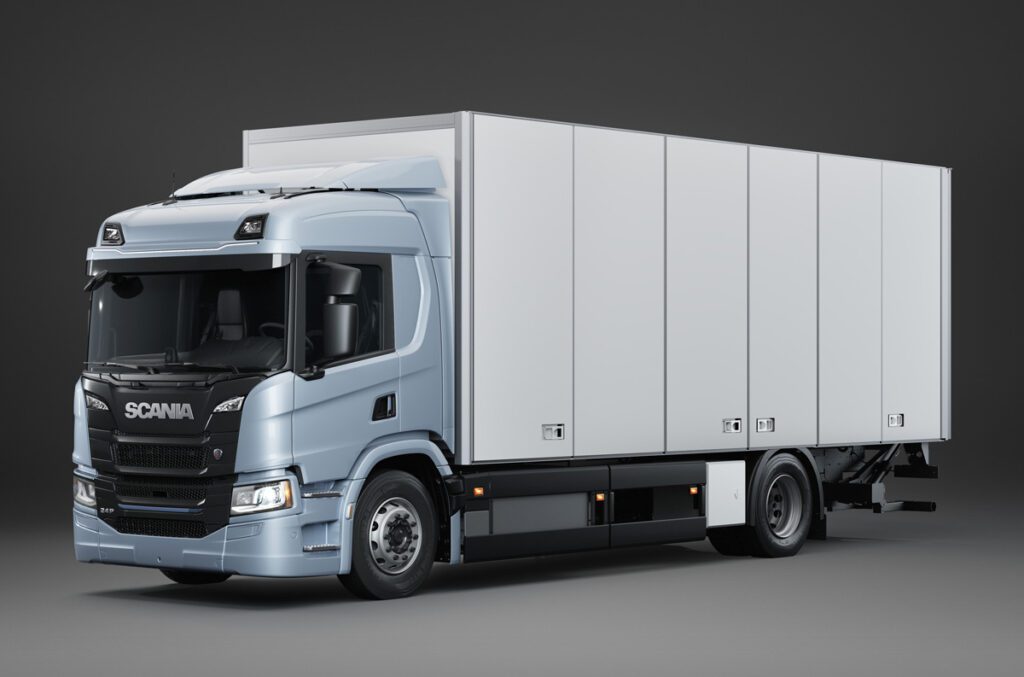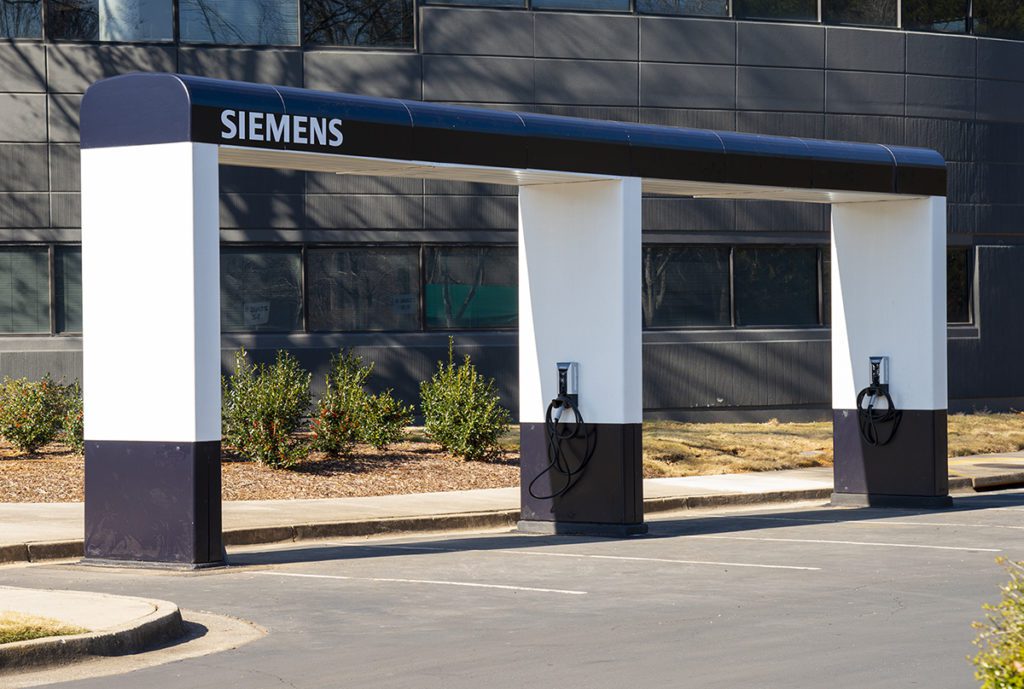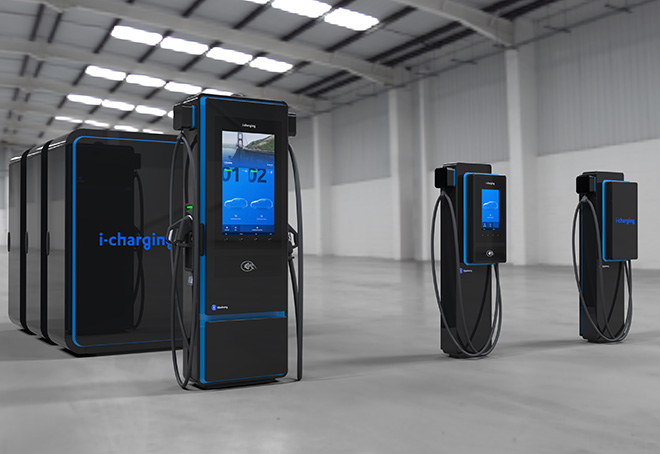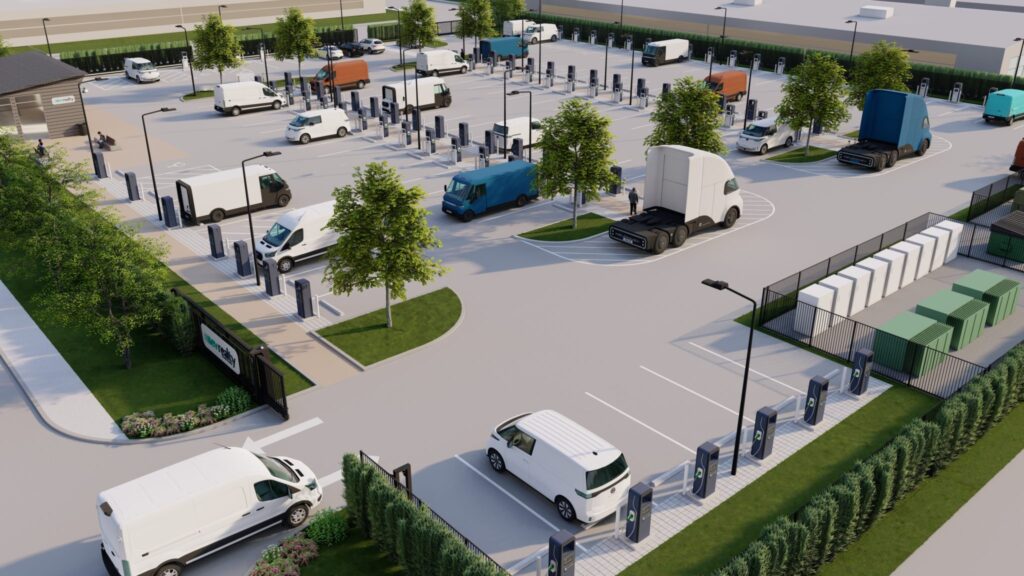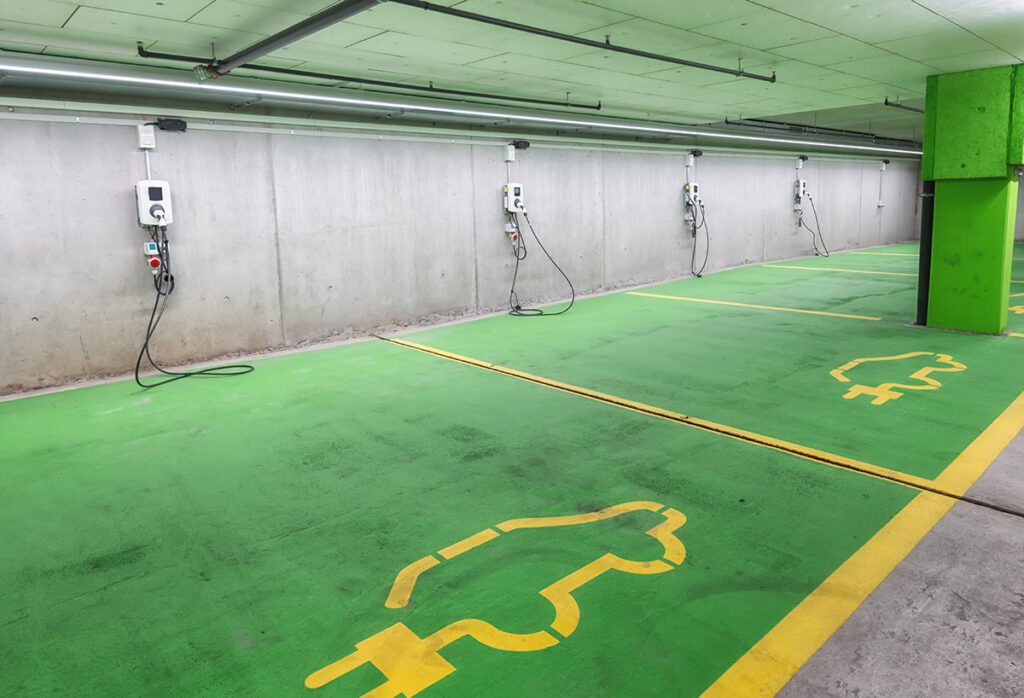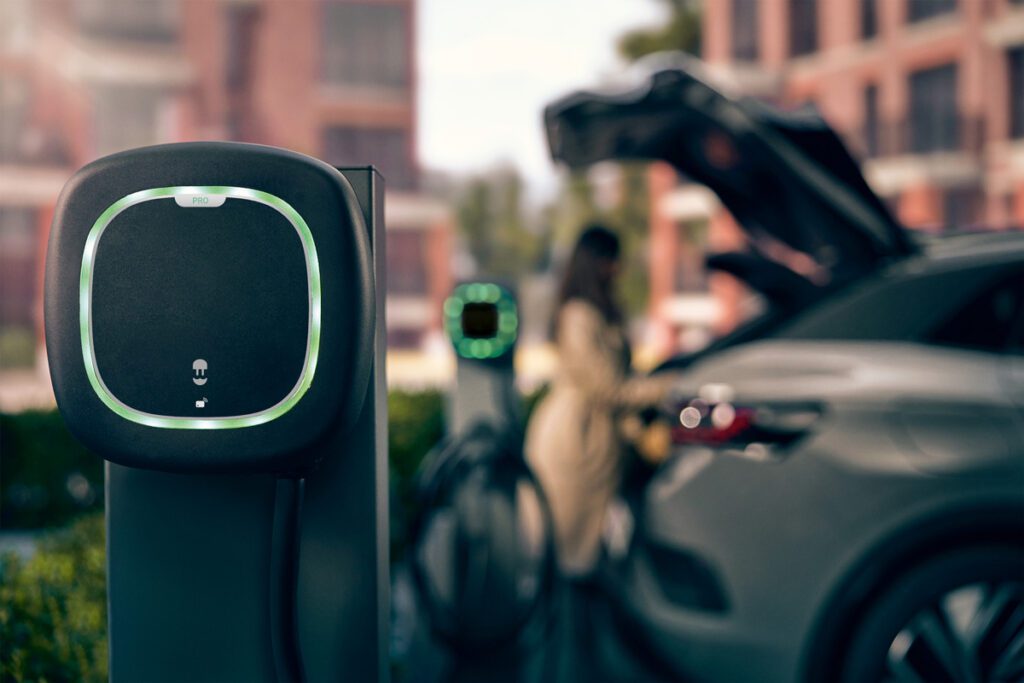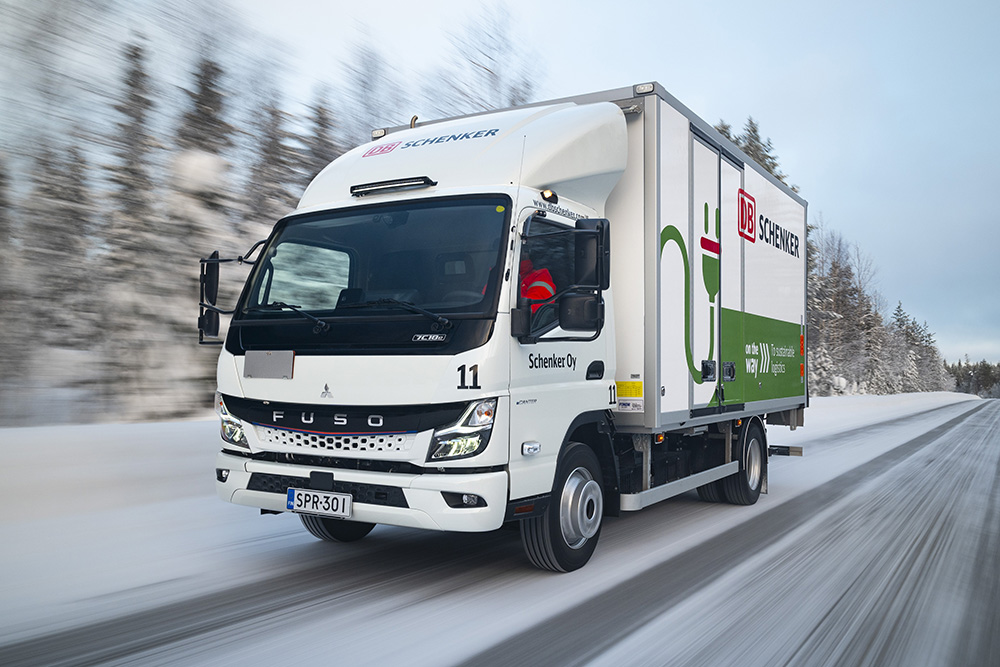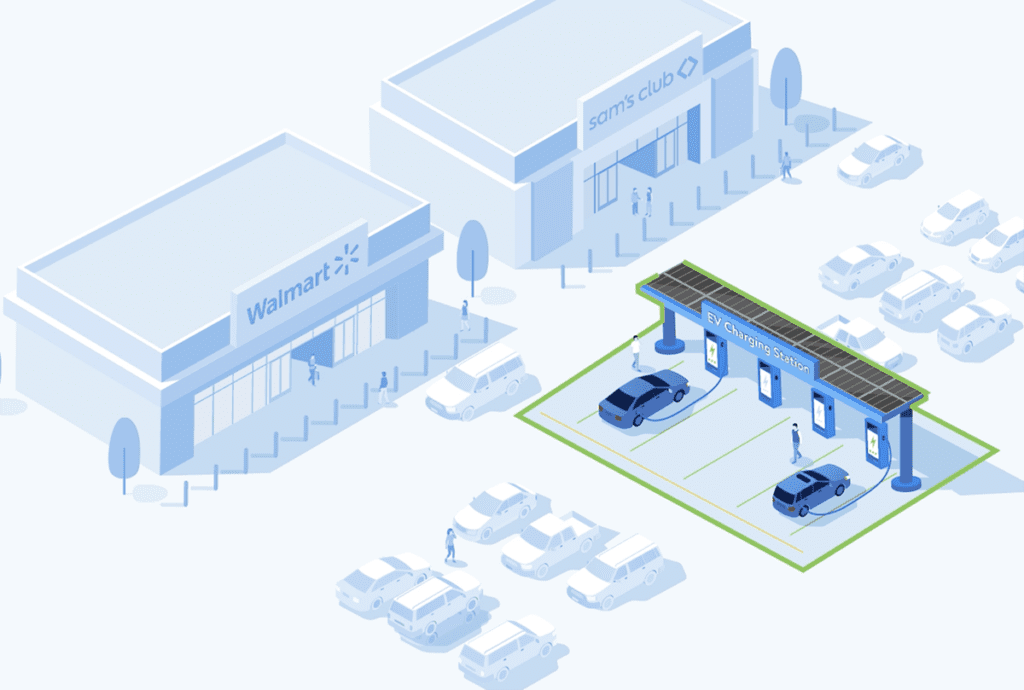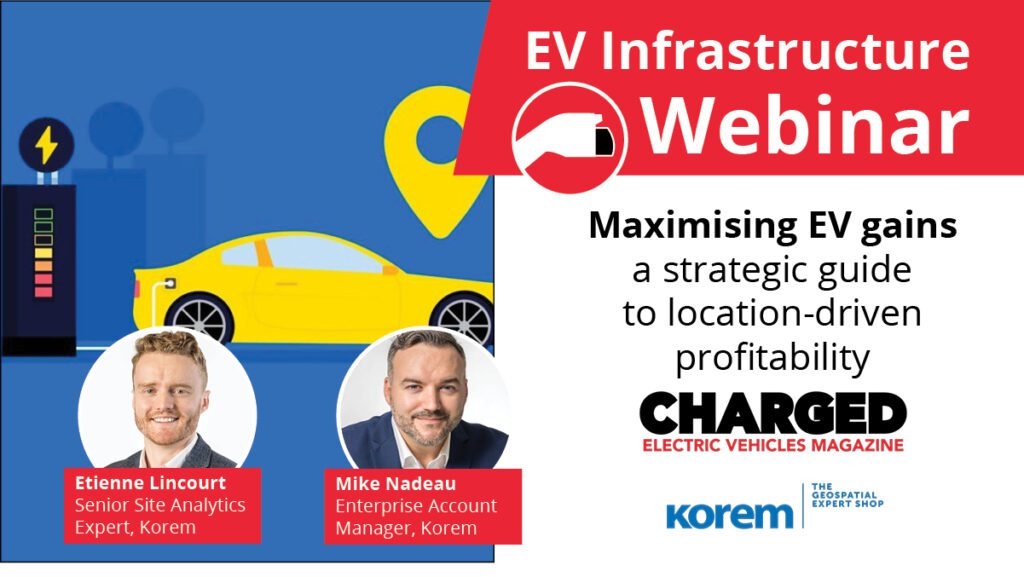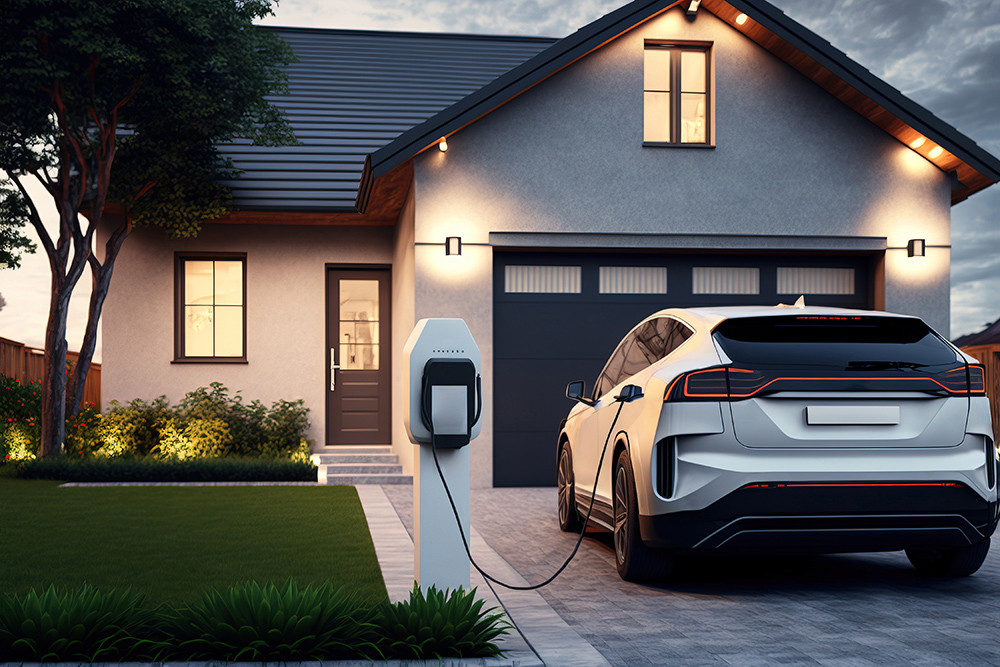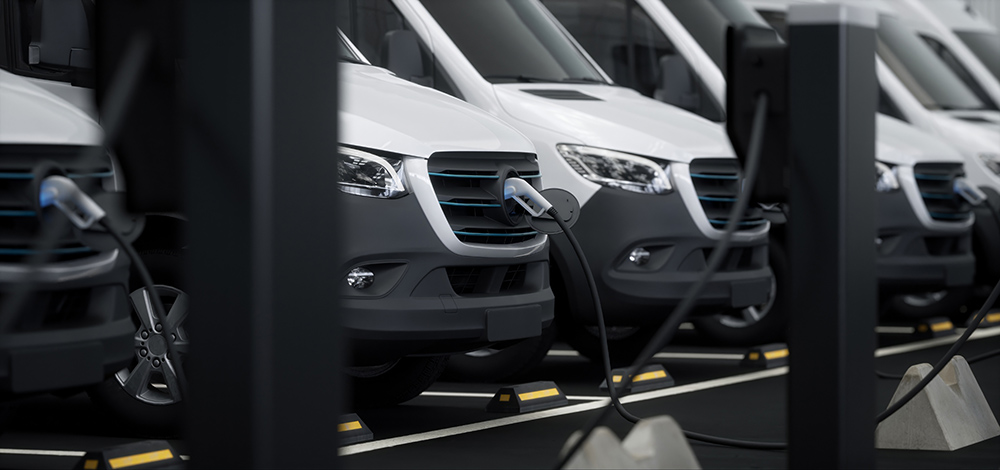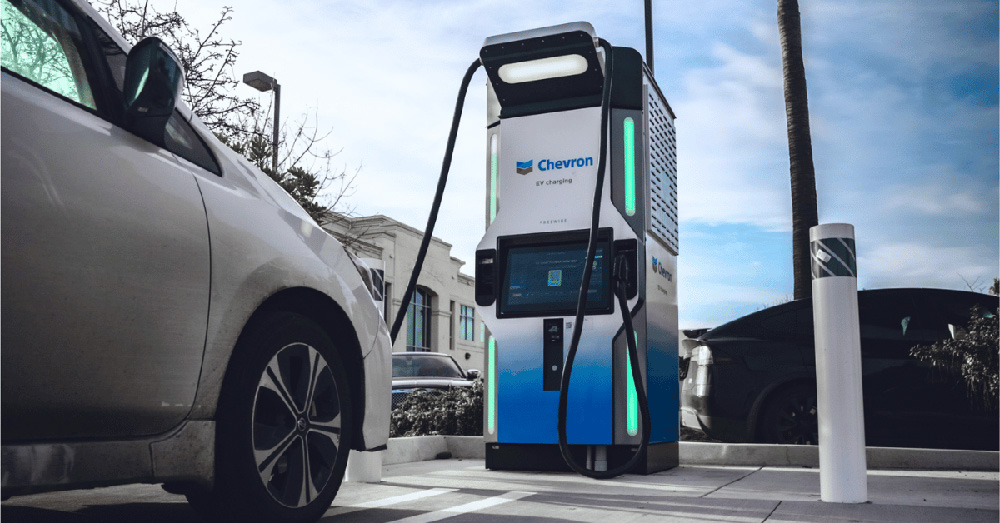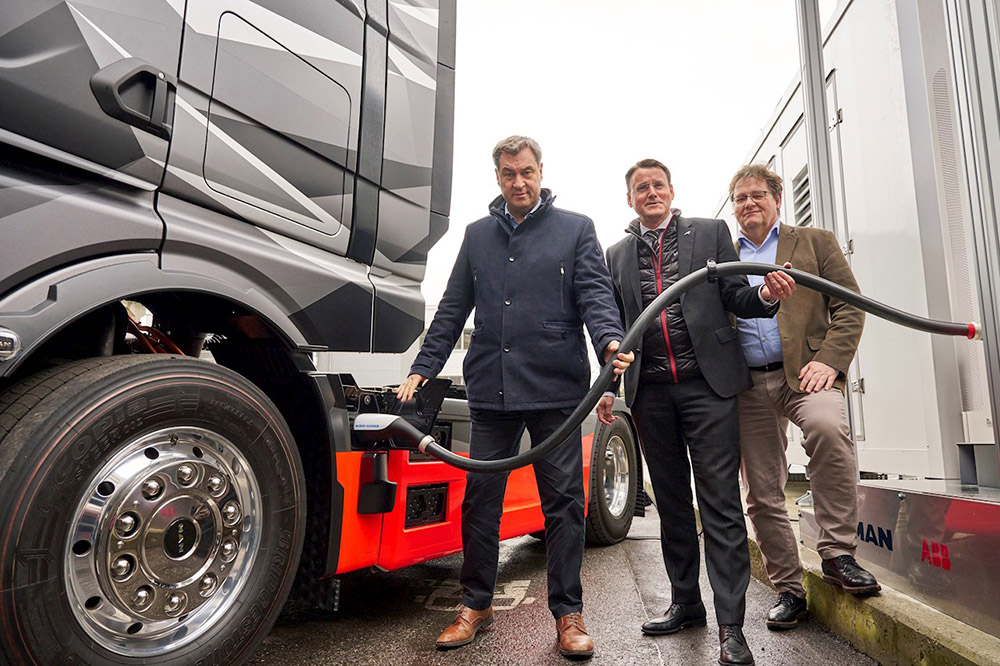Lawmakers in Oregon are considering an energy initiative that sets some modest goals for phasing out coal-based generation and encouraging renewable energy sources. The plan also incentivizes the rollout of EV charging infrastructure by allowing charging station owners to sell clean-fuel credits.
A recent editorial in The Oregonian lambasted the Oregon Clean Electricity & Coal Transition Plan, saying it would do little to reduce carbon emissions, and would force all state residents to subsidize EVSE.
In a rebuttal to the Oregonian’s editors, Jeff Allen, Executive Director of the EV advocate group Drive Oregon, wrote that in fact, if the proposal becomes law, EV owners will more than pay back the cost of investments in charging, and Oregonians will actually see lower power rates.
Allen’s arguments may be relevant far beyond Oregon. Utilities around the country are encouraging EVs, which they see as an opportunity to sell more electricity (and doing their best to kill rooftop solar, which they see as a threat). Are EVs a net positive or a negative for electric ratepayers?
“There is ample evidence that growing numbers of electric vehicles will lower rates for all Oregonians,” writes Allen. “Utilities invest in power plants, transmission lines and other infrastructure to provide us all with electricity. When this infrastructure is used more efficiently, to deliver more kilowatt hours of power, those fixed costs can be spread, lowering the cost of each kilowatt hour for all ratepayers.”
Allen goes on to point out that EVs can provide load-levelling and regulating services to the grid. “Since electric cars tend to charge at home, overnight, they provide a lot of value to utilities. One California study found that each electric car was worth between $2,788 and $9,799 to the utility and its ratepayers. Work in Washington State found similar results: electric car drivers subsidize the grid and lower power rates for everyone else.”
“Electric vehicles also stimulate Oregon’s economy by returning money to owners that would otherwise be spent on imported gasoline,” writes Allen. “One study found that every dollar shifted out of gasoline spending produces 16 times more jobs. Oregonians spend about $6 billion a year on gasoline, so the potential benefits of this ‘electric dividend’ are enormous – and not just for the families that buy electric vehicles.”
Source: OregonLive
Image: Nicolas Raymond (CC BY 2.0)
















































